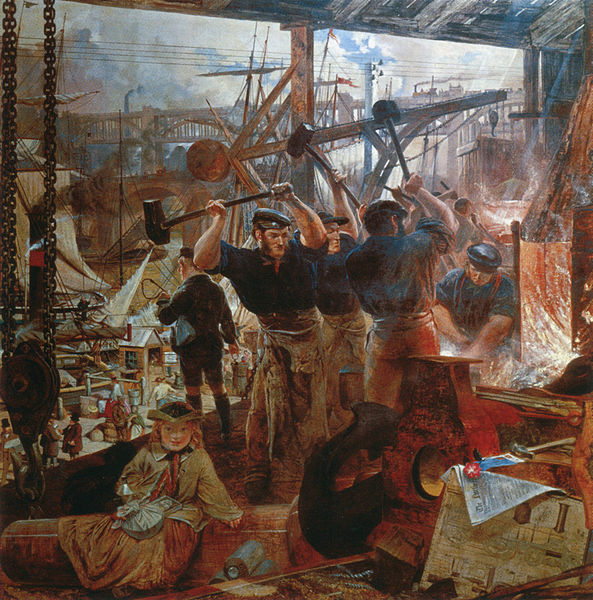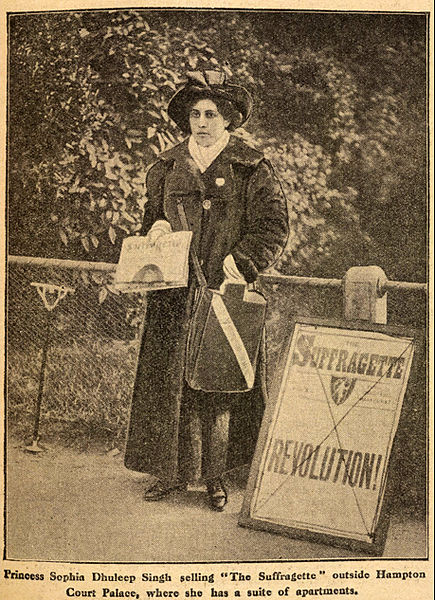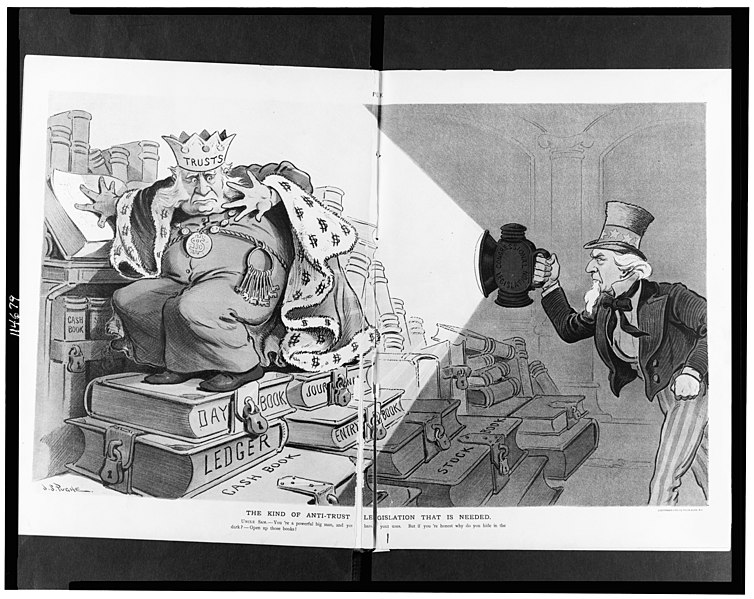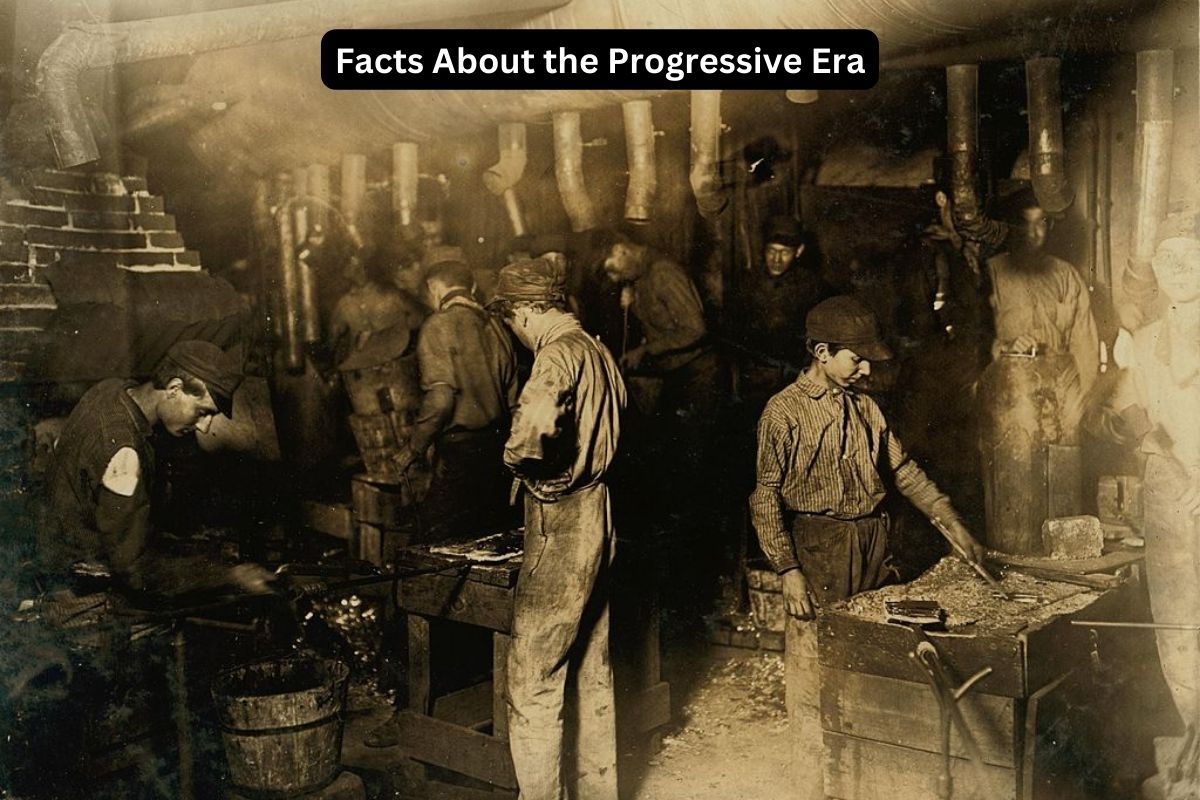The Progressive Era in the United States, spanning from the late 19th century to the early 20th century, was a transformative period characterized by social, political, and economic reforms.
It emerged as a response to the challenges brought about by industrialization and urbanization, and it witnessed a diverse coalition of reformers, including muckraking journalists, women’s suffrage activists, and labor advocates, all working to address various societal issues.
This era yielded significant changes, from women gaining the right to vote to the regulation of child labor and the expansion of workers’ rights, leaving a lasting impact on American society and politics.
Progressive Era Facts
1. Late 19th to early 20th century
The Progressive Era is a historical period in the United States that roughly spans from the late 19th century (around 1890) to the early 20th century (around 1920).
It was a time of significant social, political, and economic change in the country.
2. A response to industrialization and social problems
The Progressive Era emerged in response to the profound transformations brought about by industrialization, urbanization, and immigration during the late 19th century.
Also Read: Gilded Age Timeline
Industrialization led to the growth of factories and the expansion of cities, but it also brought with it numerous social and economic problems, including poor working conditions, income inequality, corruption, and environmental degradation.
Progressives sought to address these issues and create a more just and equitable society.

3. Included diverse reformers and muckraking journalists
The Progressive Movement was not a single, unified movement but rather a loosely connected network of reformers, activists, intellectuals, and politicians who shared common goals of reforming various aspects of American society.
Many muckraking journalists, named for their role in “raking up” and exposing social issues, played a pivotal role in raising awareness about these problems.
Also Read: Accomplishments of the Progressive Era
Notable muckrakers include Upton Sinclair, who wrote “The Jungle” (exposing the meatpacking industry), Ida Tarbell (exposing Standard Oil), and Lincoln Steffens (exposing political corruption). Their investigative journalism helped galvanize public opinion and drive reform efforts.
4. Promoted women’s suffrage (19th Amendment in 1920)
During the Progressive Era, women’s suffrage was a prominent and hard-fought cause. Women like Susan B. Anthony, Elizabeth Cady Stanton, Alice Paul, and many others led the suffrage movement, advocating for women’s right to vote.
The 19th Amendment to the United States Constitution, passed in 1920, granted women the right to vote nationwide. This achievement marked a significant milestone in the women’s rights movement and was a culmination of decades of activism and advocacy.

5. Focused on labor reforms and workers’ rights
During the Progressive Era, women’s suffrage was a prominent and hard-fought cause. Women like Susan B. Anthony, Elizabeth Cady Stanton, Alice Paul, and many others led the suffrage movement, advocating for women’s right to vote.
The 19th Amendment to the United States Constitution, passed in 1920, granted women the right to vote nationwide. This achievement marked a significant milestone in the women’s rights movement and was a culmination of decades of activism and advocacy.
6. Advocated against child labor and for education
The issue of child labor was a significant focus for Progressive reformers. Many children worked in dangerous and exploitative conditions in factories, mines, and mills. Progressives advocated for stricter regulations to limit and eventually eradicate child labor.
Simultaneously, the Progressive Era saw a push for improved education. Progressive educators like John Dewey emphasized the importance of child-centered, experiential learning.
This period saw an expansion of public schools and increased efforts to ensure that children received a proper education, which was viewed as essential for both individual advancement and societal progress.
7. Led to Prohibition (18th Amendment in 1920)
The temperance movement, which advocated for the reduction or elimination of alcohol consumption, gained significant traction during the Progressive Era. Supporters argued that alcohol abuse led to a range of social problems, including domestic violence, poverty, and workplace accidents.
Also Read: Temperance Movement Facts
In 1920, the 18th Amendment to the United States Constitution was ratified, prohibiting the manufacture, sale, and transportation of alcoholic beverages. This era of Prohibition lasted until 1933 when the 21st Amendment repealed the 18th Amendment.

8. Targeted monopolistic corporations (trust-busting)
Progressive leaders, such as Presidents Theodore Roosevelt and William Howard Taft, implemented antitrust policies to curb the power of large corporations, often referred to as “trusts.”
The goal was to promote fair competition and prevent monopolistic practices that could harm consumers and smaller businesses.
The Sherman Antitrust Act of 1890 was used to break up several major monopolies, including Standard Oil and the American Tobacco Company. These actions signaled the government’s commitment to regulating corporate power and ensuring a level playing field in the marketplace.
9. Theodore Roosevelt’s conservation efforts
President Theodore Roosevelt was a prominent figure in the Progressive Era known for his conservation efforts. He believed in preserving natural resources for future generations and took significant steps to protect the environment.
Roosevelt established national parks, national forests, and wildlife refuges, helping to conserve and protect vast areas of land. His conservation legacy laid the foundation for modern environmental conservation and the National Park System.
10. Waned with World War I and opposition.
The Progressive Era gradually came to an end with the outbreak of World War I in 1914. The war shifted the nation’s focus to international affairs and led to a temporary decline in domestic reform efforts.
Additionally, the Progressive Era faced opposition from business interests and conservative forces who resisted many of the reform initiatives. As a result, some reforms were rolled back or challenged in the years following the Progressive Era.
Nevertheless, many of the ideas and reforms introduced during this period had a lasting impact on American politics and society, shaping the trajectory of the nation in the 20th century and beyond.
